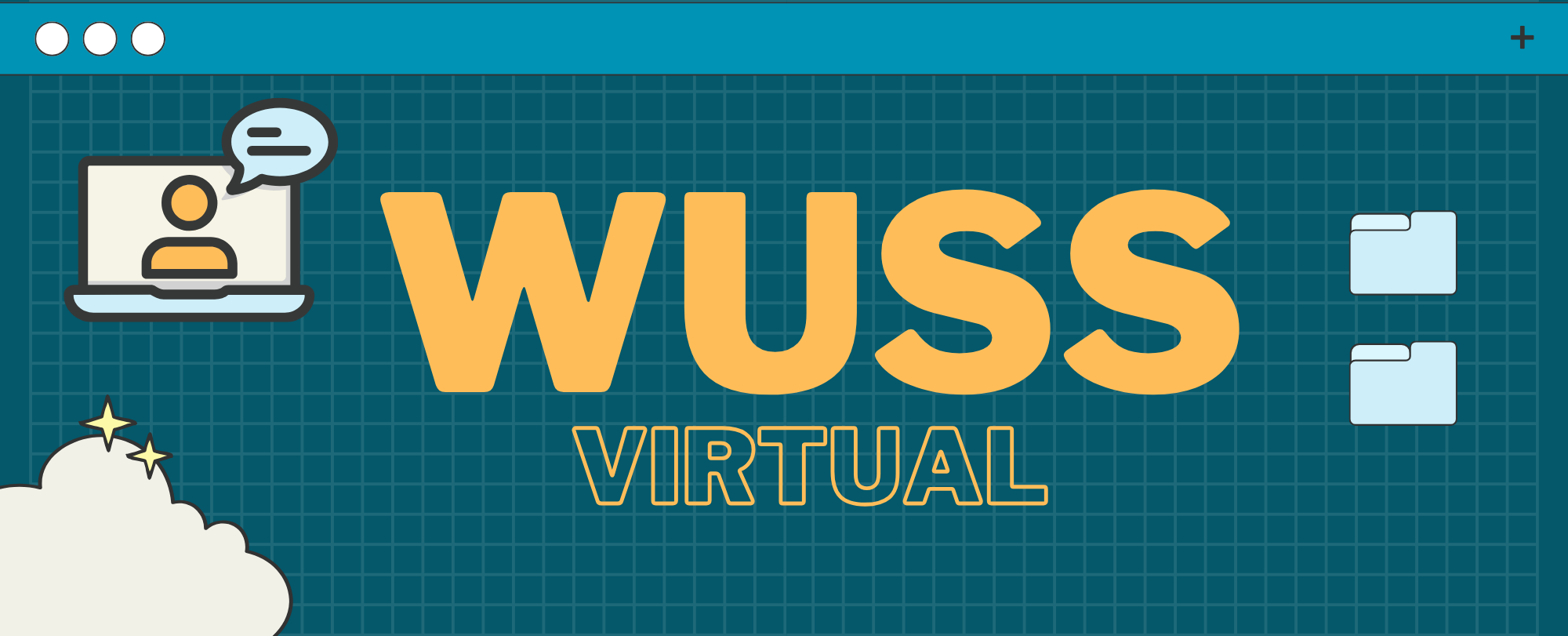Google® Search for SAS® Users - Kirk Paul Lafler
Google (www.google.com) is the world’s most popular and widely-used search engine. As the premier search tool on the Internet today, SAS® users frequently need to identify and locate SAS content wherever and in whatever form it resides. Topics include learning how Google search works by illustrating relevant search examples, tips, and techniques for finding content of interest, including examples, reference works, information tools, directories, PDFs, images, SAS communities and user groups announcements / examples / solutions, current news stories, and various techniques on how you can quickly and easily improve / optimize your Google searches to satisfy your every need.
Tutorial with examples Length: 50 minutes
Registration is not required. Simply join https://teams.microsoft.com/l/meetup-join/19%3ameeting_ZjBmZDI0OTgtMjQyYy00MTkzLWIxYzQtMzVhNWZhY2VkODFi%40thread.v2/0?context=%7b%22Tid%22%3a%22b1c14d5c-3625-45b3-a430-9552373a0c2f%22%2c%22Oid%22%3a%22a0399228-6892-40c9-bca0-a81a60bcdfc2%22%7d at 10:30am on June 26.
Presenter Bio
Kirk Paul Lafler is a consultant, developer, programmer, educator, and data scientist; and teaches SAS Programming and Data Management in the Statistics Department at San Diego State University. Kirk also provides project-based consulting and programming services to client organizations in a variety of industries including healthcare, life sciences, and business; and teaches “virtual” and “live” SAS, SQL, Python, Database Management Systems (DBMS) technologies (e.g., Oracle, SQL-Server, Teradata, MySQL, MongoDB, PostgreSQL, AWS), Excel, R, cloud-based technologies as well as other software and tools. Currently, Kirk serves as the Western Users of SAS Software (WUSS) Executive Committee (EC) Open-Source Advocate and Coordinator and is actively involved with several proprietary and open-source software, DBMS, machine learning, cloud-computing user groups and conference committees. Kirk is the author of several books including the popular PROC SQL: Beyond the Basics Using SAS, Third Edition (SAS Press. 2019), along with other technical books and publications. He is also an Invited speaker, educator, keynote, and leader; and is the recipient of 28 “Best” contributed paper, hands-on workshop (HOW), and poster awards.
Compared to other therapeutic studies, oncology studies are generally complex and difficult for programmers and statisticians. There is more to understand and to know such as different clinical study types, specific data collection points and analysis. In this seminar, programmers and statisticians will learn oncology specific knowledge in clinical studies and will understand a holistic view of oncology studies from data collection, CDISC datasets, and analysis. Programmers and statisticians will also find out what makes oncology studies unique and learn how to lead oncology study projects effectively.
The seminar will cover four different sub types and their response criteria guidelines. The first sub type, Solid Tumor study, usually follows RECIST (Response Evaluation Criteria in Solid Tumor). The second sub type, Immunotherapy study, usually follows irRC (immune-related Response Criteria). The third sub type, Lymphoma study, usually follows Cheson. Lastly, Leukemia studies follow study specific guidelines (e.g., IWCLL for Chronic Lymphocytic Leukemia). The seminar will show how to use response criteria guidelines for data collections and response evaluation.
Programmers and statisticians will learn how to create SDTM tumor specific datasets (RS, TU, TR), what SDTM domains are used for certain data collection, and what Controlled Terminology (e.g., CR, PR, SD, PD, NE) will be applied. They will also learn how to create Time-to-Event ADaM datasets from SDTM domains and how to use ADaM datasets to derive efficacy analysis (e.g., OS, PFS, TTP, ORR, DFS) and Kaplan Meier Curves using SAS Procedures such as PROC LIFETEST and PHREG.
Finally, programmers and statistician will understand how to build end-to-end standards driven oncology studies from protocol, study sub-types, response criteria, data collection, SDTM, ADaM to analysis.
Presented by Kevin Lee.
REGISTER today.
Join the 2024 Minnesota SAS User Group Conference sponsored by SAS!
This 1-day event is FREE and great way to grow your SAS skills and your professional network! A full agenda will be released in the next couple of months, but the presentations will cover fuzzy matching with PROC SQL, efficient sorting, using formats, macros, and integrating Python with SAS. Whether you're new to SAS or an advanced user, this conference is for you!
This FREE event includes:
Full day of in-person presentations with time to network
Learn more about fuzzy matching, macros, formats, integrating Python, and more!
Presentations by SAS trainers Mark Jordan and Kathy Kiraly
Opportunities to network with other local SAS users
FREE food (continental breakfast, lunch, and afternoon treats!)
FREE parking
REGISTER today!
Location:
University of St. Thomas
James B. Woulfe Alumni Hall North
Anderson Student Center, 3rd Floor
2115 Summit Ave
St. Paul, MN 55105
There is FREE parking at the Anderson Parking Facility at the corner of Cretin Avenue and Grand Avenue.
For more information, visit the website (https://sites.google.com/site/minnesotasasug/home) and join MinnSUG on LinkedIn (https://www.linkedin.com/groups/14113391/).
A Review of "Free" Massive Open Online Content (MOOC) for SAS® Learners
Leading online providers are now offering SAS® users with “free” access to content for learning how to use and program in SAS. This content is available to anyone in the form of massive open online content (or courses) (MOOC). Not only is all the content offered for “free”, but it is designed with the distance learner in mind, empowering users to learn using a flexible and self-directed approach. A MOOC represents online content such as a PDF document, course, video or other resources and content that is freely available to the masses using the web. Topics include the various ways anyone who wants to learn SAS programming techniques can access “free” learning technologies including SAS On-Demand for Academics and SAS Studio software, SAS technical support, published PDF “white” papers, code examples, comprehensive notes, instructor lesson plans, hands-on exercises, data files, webinars, videos, audio files, and other content.
Intended Audience: All SAS users
Prerequisites: None
Type of Presentation: Tutorial with access to MOOC providers
Length: 50 minutes
Presented by:
Kirk Paul "sasNerd" Lafler
Kirk Paul Lafler is a consultant, developer, programmer, educator, and data scientist, and has been a SAS user since 1979. Kirk works as a lecturer and adjunct professor at San Diego State University; and teaches dozens of SAS, SQL, Python, and Excel courses, workshops, and webinars to users around the world. Kirk is the author of several books including PROC SQL: Beyond the Basics Using SAS, Third Edition (SAS Press. 2019) along with hundreds of papers and articles on a variety of SAS, SQL, Python, and Excel topics. Kirk currently serves as the Open-source Advocate and Coordinator for the Western Users of SAS Software (WUSS) organization, and has been selected as an Invited speaker, educator, keynote and section leader at conferences and meetings worldwide; and is the recipient of 29 “Best” contributed paper, hands-on workshop (HOW), and poster awards.
Register today!











